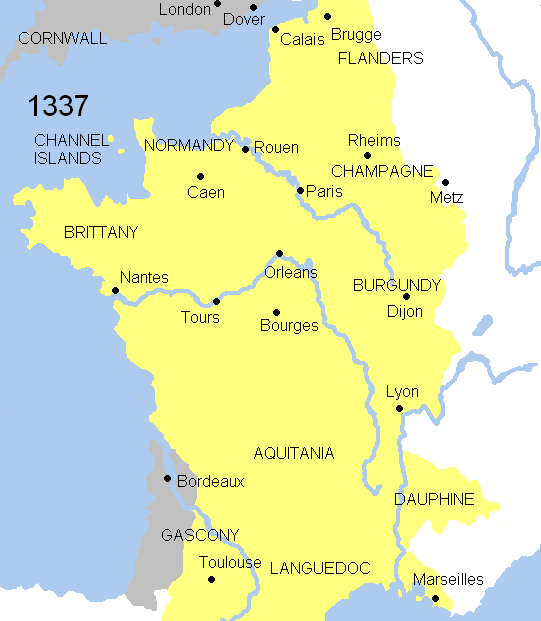 Hundred Flowers Campaign
Hundred Flowers CampaignMao Zedong
In the year of 1956, I, Mao Zedong, have decided to take control of Zhou Enlai and the People's Republic of China. My reason for this action is to allow intellectuals and leaders to discuss the country of China’s problems and create new forms of art and cultural instruction, as well as to promote socialism. After talking to my fellow leaders, my speeches would conclude with the thought that socialist ideology is dominant over capitalism. In a later speech I gave, titled On the Correct Handling of the Contradictions Among the People, I displayed open support for this campaign, saying "Our society cannot back down, it could only progress... criticism of the bureaucracy is pushing the government towards the better." This marked the beginning of the Hundred Flowers Movement. The speech, published on February 27th 1957, encouraged people to vent their criticisms as long as they were constructive rather than hateful and destructive, the theme of this movement. Also during this speech, I encouraged ideas from everyone saying, “Letting a hundred flowers blossom and a hundred schools of thought contend is the policy for promoting progress in the arts and the sciences and a flourishing socialist culture in our land.” Despite making it seem as if I am equal man, I was trying to signal what I wanted from the intellectuals of my country and the different and competing ideologies to voice their opinions about the issues of the day.
The campaign of the Hundred Flowers reached the public during the late 1956, shortly after it was truly started. The campaign started off slow, with only disusing minor and unimportant events and details. The Communist Party of China, or the central government, did not receive very many complaints either, from the people, or intellectuals of China. I started to believe that this campaign was a waste of time, and was not going to have much of an impact on anything. Zhou also noticed this uncertainty in the movement, and so he told me that I should get the central bureaucracy to encourage the intellectual leaders to go into further discussion. Though I did as I was told, no result came out of it. So by the spring of 1957, I asked for criticism of the CCP by the Chinese citizens. After this desperate call, people started to act upo
 n my speeches and began to take actions about their concerns. Many people had much to say about the CPP. Taking an example of a student at Peking University who, "… protested CCP control over intellectuals, the harshness of previous mass campaigns such as that against counterrevolutionaries, the slavish following of Soviet models, the low standards of living in China, the proscription of foreign literature, economic corruption among party cadres, and the fact that 'Party members [enjoyed] many privileges which make them a race apart'"
n my speeches and began to take actions about their concerns. Many people had much to say about the CPP. Taking an example of a student at Peking University who, "… protested CCP control over intellectuals, the harshness of previous mass campaigns such as that against counterrevolutionaries, the slavish following of Soviet models, the low standards of living in China, the proscription of foreign literature, economic corruption among party cadres, and the fact that 'Party members [enjoyed] many privileges which make them a race apart'"To me, the concerns and opinions of the people were a "healthy criticism," however to Zhou Enlai, he began to believe what they had been saying. As the criticism continued and more and more people began to state their thoughts, the campaign became too difficult to control. People wanted me and my CCP to give up power, saying that there was a lack of freedom. By July 1957, I had enough of the complaining and criticism of my ideas. I could not take the lack of respect for my government, so I ended the campaign. Those who protested against me were sent to labor camps, prison or were persecuted, tortured, or killed. This showed China who their true leader really
No comments:
Post a Comment